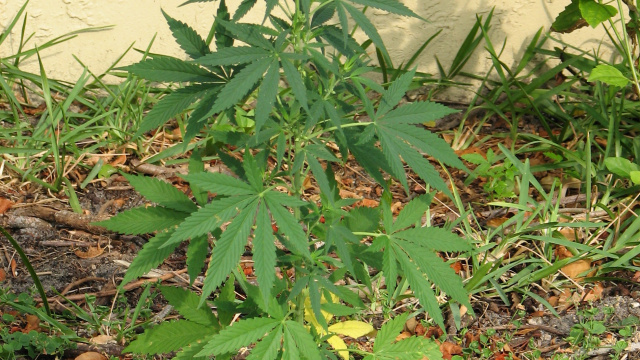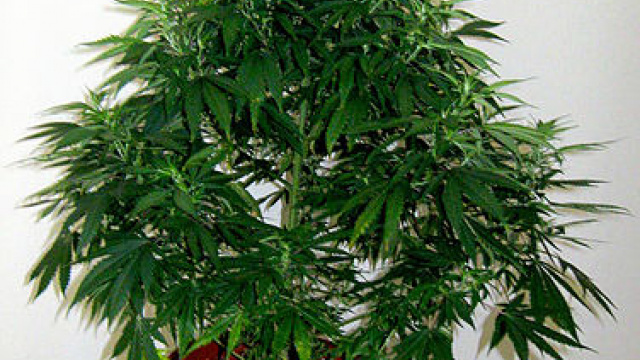“Festival-goers celebrate hemp’s diversity” (News-Leader, Sep. 3) brought back memories. In 1946, I was living on a farm in south central Kentucky, and one spring day a couple of “feds” came by and asked my dad and the farmer on an adjoining farm if they would raise a few acres of hemp and harvest the seed.
The seeds were being grown for export to the Phillipines, where hemp had been a main crop before the war, and was used to make rope. As a result of the war, hemp seeds in the Phillipines were either in short supply, or nonexistent. My dad and the other farmer agreed to raise some hemp, and were well paid to do so.
The feds specified how the seeds were to be planted — in crossed rows, which made it possible to cultivate for weed control by plowing from east to west and from north to south.
They also specified how the seeds were to be “thrashed” by hand, and said that all stalks and leaves were to be burned immediately after the seeds had been gathered — which we thought was somewhat unusual.
Gathering and piling up the stalks, which were about 8 feet high, and burning them turned out to be the hardest part of the job.
My dad smoked his home-grown tobacco, and the thought of smoking some hemp leaves probably never occurred to him. However, the farmer on the adjoining farm didn’t smoke tobacco, and he smoked some hemp leaves — one time, he said.
He said the strange feelings he had after smoking hemp were such that he was afraid of something different, and worse, happening if he smoked it again.
Each summer for the next three years, the feds came by and looked for any hemp plants that might have grown from seeds lost in the “thrashing” process, and from being carried by birds far from the areas where the hemp had been grown.
Today, when I hear about people growing marijuana, I think, “Been there, done that.”




Leave a Reply